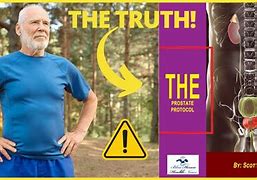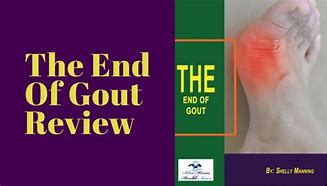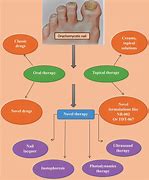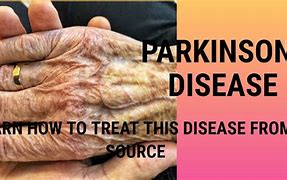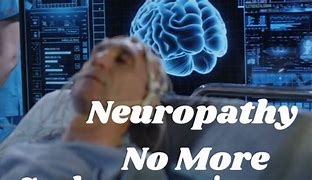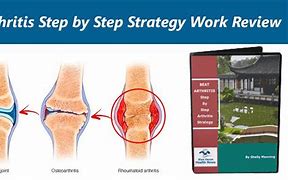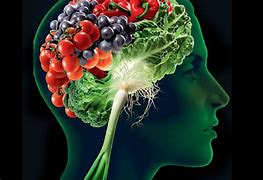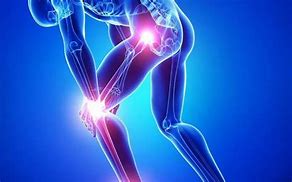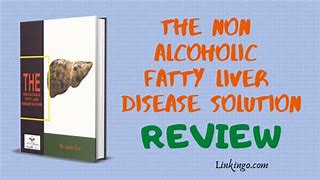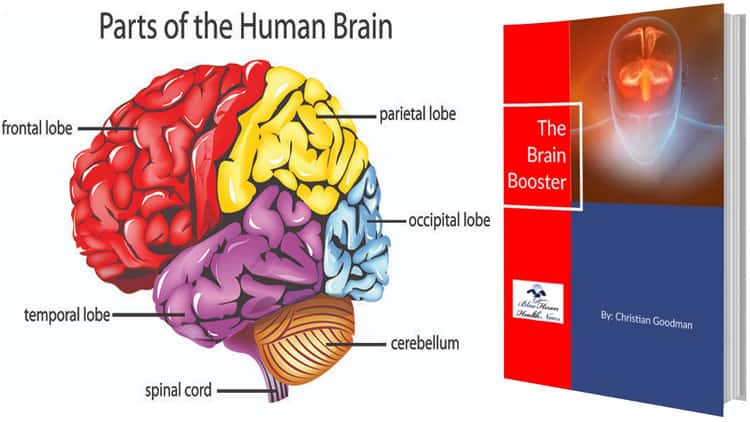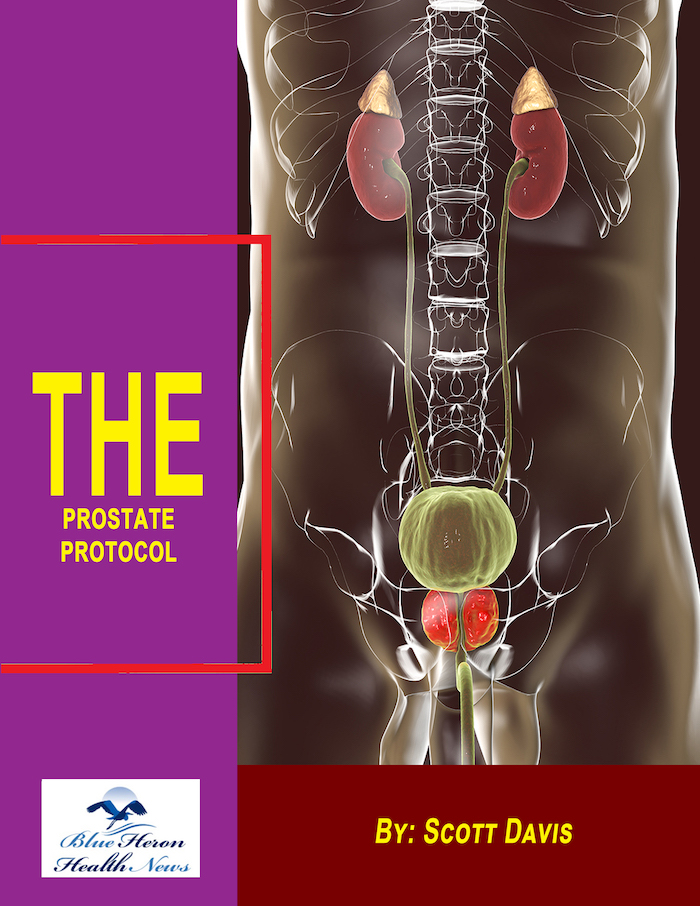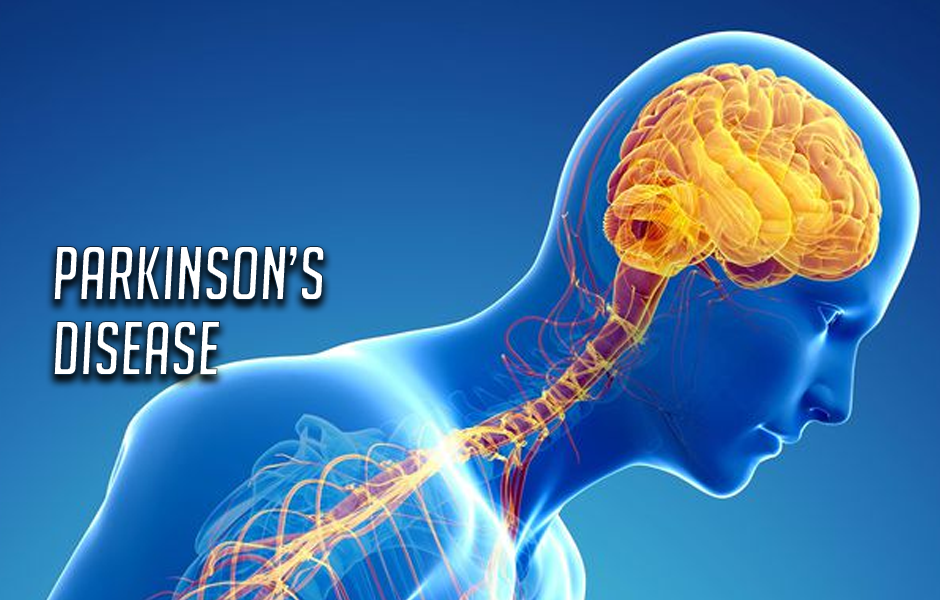What causes hypothyroidism?
What is hypothyroidism?
Hypothyroidism is a condition where there isn’t enough thyroid hormone in your bloodstream and your metabolism slows down.
Hypothyroidism happens when your thyroid doesn’t create and release enough thyroid hormone into your body. This makes your metabolism slow down, affecting you entire body. Also known as underactive thyroid disease, hypothyroidism is fairly common.
When your thyroid levels are extremely low, this is called myxedema. A very serious condition, myxedema can cause serious symptoms, including:
-
A low body temperature.
-
Anemia.
-
Heart failure.
-
Confusion.
-
Coma.
This severe type of hypothyroidism is life-threatening.
In general, hypothyroidism is a very treatable condition. It can be managed with regular medications and follow-up appointments with your healthcare provider.
How does my thyroid work?
The thyroid gland is a small, butterfly-shaped organ located in the front of your neck just under the voice box (larynx). Picture the middle of the butterfly’s body centered on your neck, with the wings hugging around your windpipe (trachea). The main job of the thyroid is to control your metabolism. Metabolism is the process that your body uses to transform food to energy your body uses to function. The thyroid creates the hormones T4 and T3 to control your metabolism. These hormones work throughout the body to tell the body’s cells how much energy to use. They control your body temperature and heart rate.
When your thyroid works correctly, it’s constantly making hormones, releasing them and then making new hormones to replace what’s been used. This keeps your metabolism functioning and all of your body’s systems in check. The amount of thyroid hormones in the bloodstream is controlled by the pituitary gland, which is located in the center of the skull below the brain. When the pituitary gland senses either a lack of thyroid hormone or too much, it adjusts its own hormone (thyroid stimulating hormone, or TSH) and sends it to the thyroid to balance out the amounts.
If the amount of thyroid hormones is too high (hyperthyroidism) or too low (hypothyroidism), the entire body is impacted.
What causes hypothyroidism?
Hypothyroidism can have a primary cause or a secondary cause. A primary cause is a condition that directly impacts the thyroid and causes it to create low levels of thyroid hormones. A secondary cause is something that causes the pituitary gland to fail, which means it can’t send thyroid stimulating hormone (TSH) to the thyroid to balance out the thyroid hormones.
Primary causes of hypothyroidism are much more common. The most common of these primary causes is an autoimmune condition called Hashimoto’s disease. Also called Hashimoto’s thyroiditis or chronic lymphocytic thyroiditis, this condition is hereditary (passed down through a family). In Hashimoto’s disease, the body’s immune system attacks and damages the thyroid. This prevents the thyroid from making and releasing enough thyroid hormone.
The other primary causes of hypothyroidism can include:
-
Thyroiditis (inflammation of the thyroid).
-
Treatment of hyperthyroidism (radiation and surgical removal of the thyroid).
-
Iodine deficiency (not having enough iodine — a mineral your thyroid uses to make hormones – in your body).
-
Hereditary conditions (a medical condition passed down through your family).
In some cases, thyroiditis can happen after a pregnancy (postpartum thyroiditis) or a viral illness.
What causes hypothyroidism in pregnancy?
In most cases, women with hypothyroidism during pregnancy have Hashimoto’s disease. This autoimmune disease causes the body’s immune system to attack and damage the thyroid. When that happens, the thyroid can’t produce and release high enough levels of thyroid hormones, impacting the entire body. Pregnant people with hypothyroidism may feel very tired, have a hard time dealing with cold temperatures and experience muscles cramps.
Thyroid hormones are important to fetal development. These hormones help develop the brain and nervous system. If you have hypothyroidism, it’s important to manage your thyroid levels during pregnancy. If the fetus doesn’t get enough thyroid hormone during development, the brain may not develop correctly and there could be issues later. Untreated or insufficiently treated hypothyroidism during pregnancy may lead to complications like miscarriage or preterm labor.







